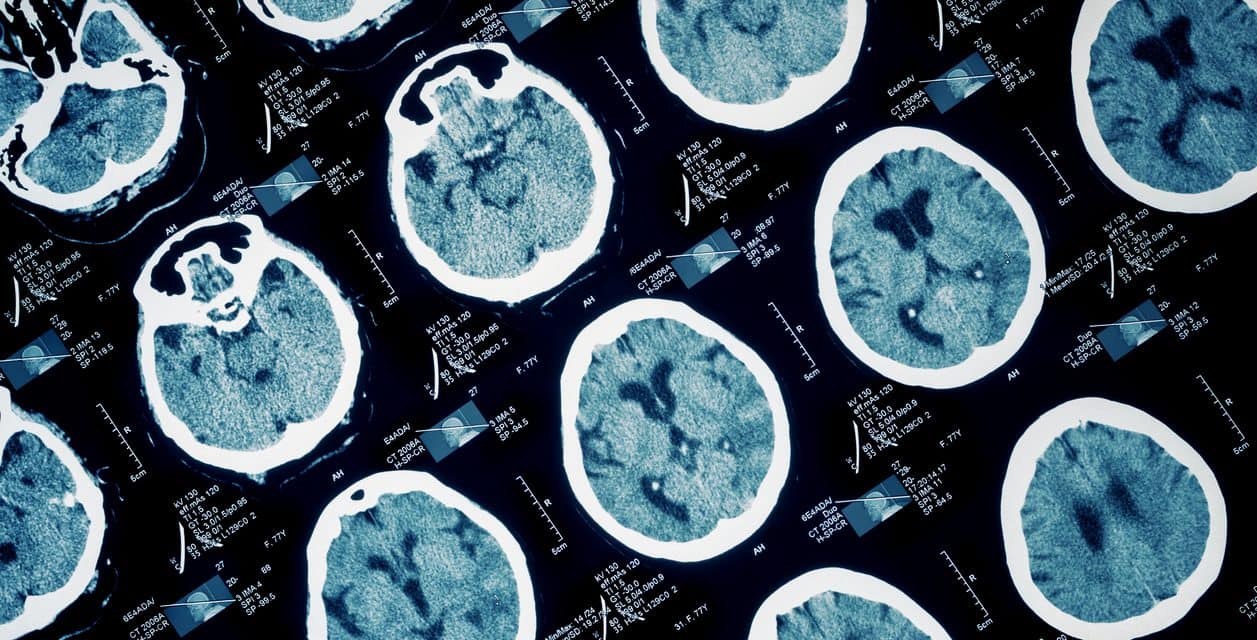Neurofilament light chain (NfL) has recently been proposed as a promising biomarker in Frontotemporal Dementia (FTD). We investigated the correlation of both cerebrospinal fluid (CSF) and serum NfL with detailed neuropsychological data and cognitive decline in a cohort of sporadic and familial FTD.
CSF and serum NfL, as well as conventional CSF-Alzheimer’s Disease (AD) biomarkers (Aβ42, t-Tau, p-Tau181), were determined in 63 FTD patients (30 Sporadic-FTD, 20 with GRN mutations [FTD-GRN] and 13 with C9orf72 expansions [FTD-C9orf72]), 37 AD patients and 31 neurologic controls. Serum NfL was also quantified in 37 healthy individuals. Correlations between baseline CSF and serum NfL levels, standardized neuropsychological tests, and the rate of cognitive decline in FTD patients were assessed.
CSF and serum NfL presented with significantly higher levels in FTD than in AD patients and both control groups. Within FTD subtypes, genetic cases, and particularly FTD-GRN, had higher CSF and serum NfL levels. Significant correlations between NfL levels and overall cognitive function, abstract reasoning (CSF and serum), executive functions, memory and language (serum) were found. A relationship between increased baseline CSF and serum NfL and a decay in cognitive performance over time was also observed.
Our findings highlight the potential of serum NfL as a useful surrogate endpoint of disease severity in upcoming targeted treatments.
This article is protected by copyright. All rights reserved.
Serum neurofilament light chain as a surrogate of cognitive decline in sporadic and familial Frontotemporal dementia.


